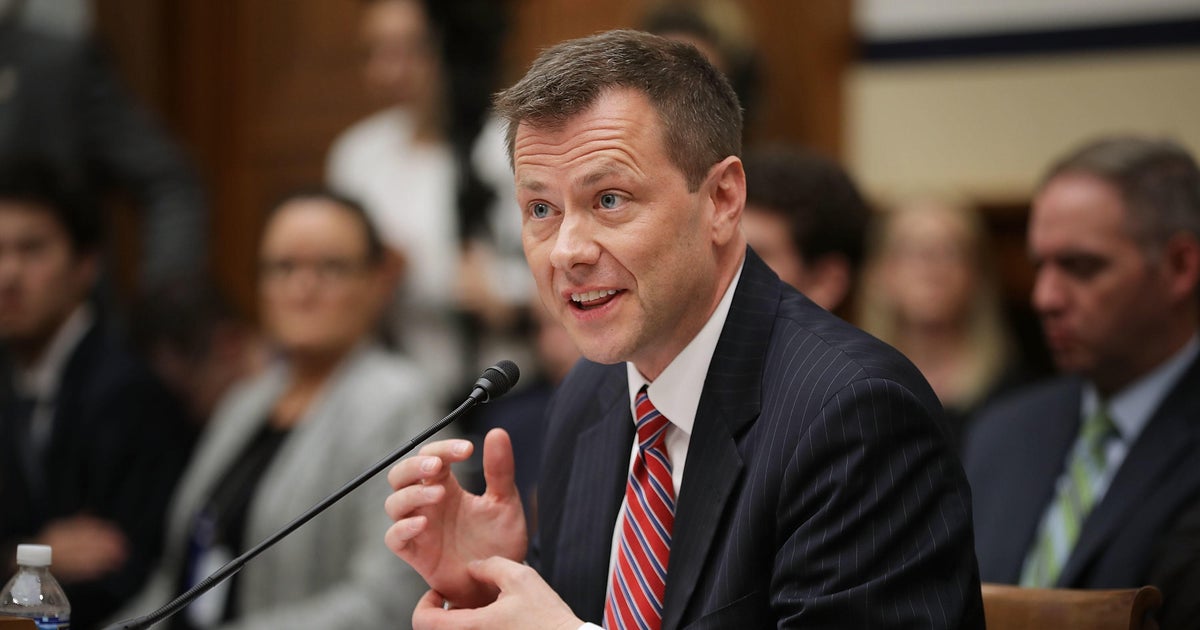What the Georgia special election may mean to Democrats and Republicans
Democrats' decisive Tuesday night loss in Georgia's special election -- a race into which they poured tens of millions of dollars to make it the most expensive House race in U.S. history -- is leaving Democrats to strategize a path forward for the 2018 midterm elections.
Democrats had hoped a victory by Democrat Jon Ossoff over Republican Karen Handel would be a referendum against President Trump, and give them momentum and a winning strategy to succeed in other races. But Mr. Trump's low approval ratings weren't enough to sink Handel, especially given that neither candidate dwelled on Mr. Trump during the campaign. Handel's win -- 52 percent to Ossoff's 48 percent, disrupted those hopes of taking the seat left vacant by Republican Secretary of Health and Human Services Tom Price. Republicans have held that seat since Newt Gingrich won it in 1978, although Mr. Trump barely won the district by 1.5 percent in 2016.
Meanwhile, Ossoff's loss came in spite of massive Democratic fundraising. Ossoff had raised roughly $23 million and spent about $22 million as of the most recently available campaign finance reports. At the end of the day, money did not win the election. After the most expensive congressional race in history, largely from the Democrats' cash infusions, Ossoff called for campaign finance reform.
Rep. Seth Moulton (D-Massachusetts), tweeted that Ossoff's loss "better be a wake up call for Democrats" to look ahead, not backwards.
But all is not necessarily lost for Democrats. For one thing, Ossoff, a 30-year-old former Capitol Hill staffer, did outperform his district's partisan leanings by six points, according to Dave Wasserman of the Cook Political Report.
Former Sen. Barbara Boxer (D-California), said Ossoff's loss was "tough," but Democrats, "can and will do better in 2018."
For Republicans, Handel's win had to offer some reassurance in Washington. It takes enormous pressure off Republicans, as they look to craft an Obamacare replacement bill acceptable to both chambers of Congress. A Handel loss would likely have been seen as not only a referendum on Mr. Trump, but a referendum on the GOP's progress -- or lack thereof -- on health care so far this year. Her win also seems to show the Republican strategy of tying Democratic candidates to the liberal House Minority Leader, Nancy Pelosi (D-California), can still be a winning one.
In terms of recruiting, Republicans who might have been uncertain about running next year will be less nervous after this string of victories. Ossoff's loss is the latest in a string of Democratic losses in all three other special congressional elections that have taken place this year. However, those races were all the result of vacancies stemming from the president's appointment of Republican officeholders to cabinet positions. All of those districts were GOP districts. Though it's hard to say what the landscape will look like a year from now, a loss certainly would have been discouraging, especially to wavering GOP incumbents considering retirement and to potential candidates.
But Handel's win only buys some breathing room, as Russia investigations, White House intrigue and policy disagreements on Capitol Hill continue to stall the GOP agenda in Washington.



